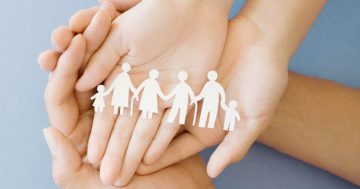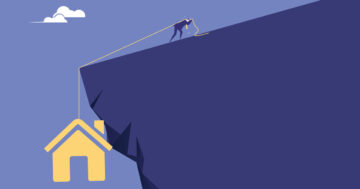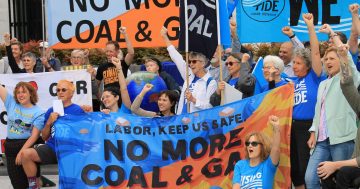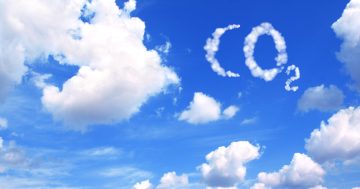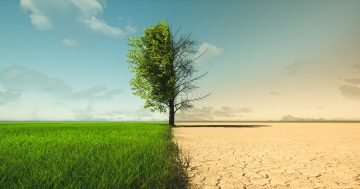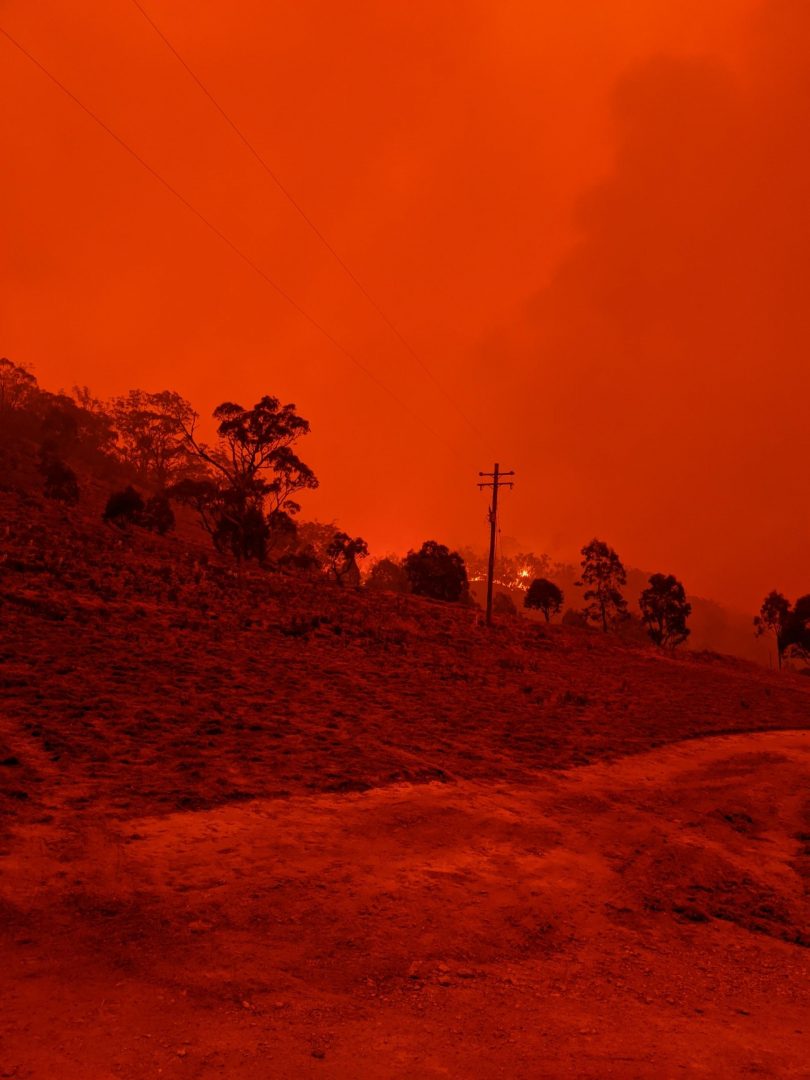
The Black Summer Fires: another of the near-endless rolling disasters that have punctuated the 21st century. Photo: Cally Earnshaw.
Taking a break from my avocado toast last weekend, I found myself reflecting on how long it’s been since the world was last crisis-free. Of course, there’s always crisis and unrest somewhere around the globe, but it has been a long time since Australia last felt stable and unaffected, or since it felt reasonable to feel optimistic about the future.
A friend pointed out to me, as we filled up her car with diesel that cost more than either of us have ever paid for fuel before, that as millennials, we have actually lived through some form of significant crisis for almost our entire lives.
The first significant crisis that affected me was the Fiji coup of 2000, led by George Speight, which impacted my family living in Fiji economically and socially. Then, September 11 happened when I was 10, and as a Muslim Australian, we were plunged into fear, distress and heightened experiences of racism. The War on Iraq was the backdrop of our teens. Then we entered adulthood just as the Global Financial Crisis tore through our economy and made the job market we graduated into lean and impenetrable.
2016 brought Brexit and the election of Donald Trump in America – both events enhancing right-wing political rhetoric that promoted racism and xenophobia. And at a time when the climate crisis was escalating, 2019 made sure we were unable to ignore the strife our planet is facing with the horrific bushfires.
Then, of course, COVID struck.
Now we have the war in Ukraine, the conflict in Burkina Faso, and more locally, the growing issue of rising house prices and stagnant wages, all of which will have far-reaching consequences into our futures.
It’s been a tough three decades, and that’s just for those of us who are middle class, with housing, employment and cash to spare.
Every generation has faced extensive turmoil – we were raised hearing our elders talk about the devastating impacts of the two World Wars, the Great Depression and the 80s Wall Street crash. No doubt the next generation will face strife of their own that we can’t comprehend now.
Despite the generation wars, and the cultural desire to lampoon millennials for being too sensitive, too out of touch, too keen to acquire the label of victimhood, we have genuinely had to navigate our coming of age against the backdrop of global unrest, and combined with the swift and sudden rise of technology that fundamentally changed the way we relate to each other in the modern world.
Now, looking forward to the next decade, many of us are wondering what the point is in trying to have a plan. Climate grief means having children or owning property seem naive or ill-fated. What world are we offering to our children to inherit? What’s the point in owning property when natural disasters are going to increase in occurrence and intensity?
Our nostalgia may be filtered through rose-tinted glasses, but our vision for the future is blinkered, hard to discern because of the storm clouds of uncertainty hovering ahead.
How have generations before us managed to weather the difficulties they faced, and retained a sense of momentum into the future? Have things gotten worse, or is it just that access to better information has meant we can clearly see the global challenges better than our ancestors may have?
Will things ever get better, or do we need to take comfort in immediate pleasures and let go of the idea of an idyllic or positive future?













